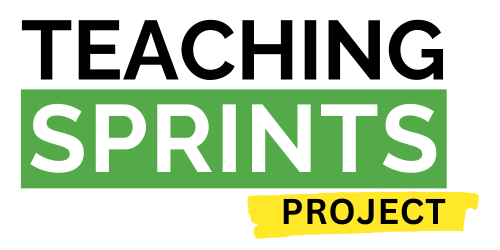Learn & Let Go
This tool helps teams to identify existing practices that may need to be sidelined in order for new practices to be adopted.
📍
Pre-Meeting Prep
This tool works best when you have already identified some key learning from the evidence base.
⏱️
Suggested Timing
25 - 35 minutes
✏️
Materials
Learn & Let Go template (enlarged)
Pens
Let’s get started
-
Summarise new learning
After engaging with evidence-informed inputs (e.g. external experts or research summaries), draw out the main learning. Record the most important learnings on the Learn & Let Go template.
-
Discuss implications for existing practice
As a group, discuss your new learning. Consider the following:
- To what extent does this new learning support or challenge our existing practices?
- If we had to adapt or modify one or two aspects of our teaching, to better align with the evidence, what would they be?
- If we are to adopt new ways of working, we might need to “let go” of existing practices. Given the evidence, which practices we now identify as less optimal?
-
Record the practices that you might “let go”
As a group, agree on the existing practices (e.g. instructional approaches, habits, ways of working) that may need to be minimised or sidelined, in order to make way for new strategies. Record them on the template.
-
Identify challenges
Habits are normally sustained because they bring some benefit to us in our busy work lives. As a group discuss:
- What might be difficult about stopping these instructional habits?
- What benefits do we currently gain from sustaining these habits, even if they are not optimal for student learning?
☝️
Framing is important when running this protocol. Remember that “letting go” of existing practices doesn’t mean we take a deficit view of our work – rather, enjoy the challenge of identifying some areas of “unlearning” that may provide the basis for your practice improvement work.
More about this protocol
✅ Encourage fresh thinking about the benefits of research-informed approaches
✅ Identify existing practices that may be less optimal than new approaches
✅ Consider whether to stop or adjust existing practices or instructional habits
This work is licensed under a Creative Commons Attribution-NonCommercial-NoDerivatives 4.0 International License.


